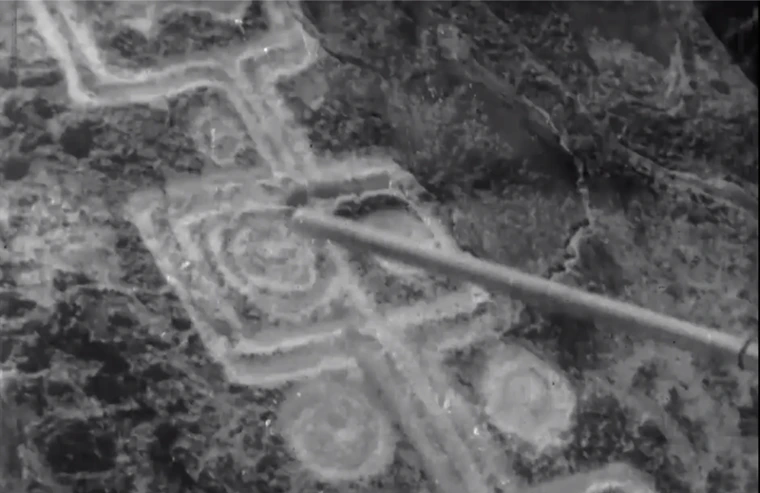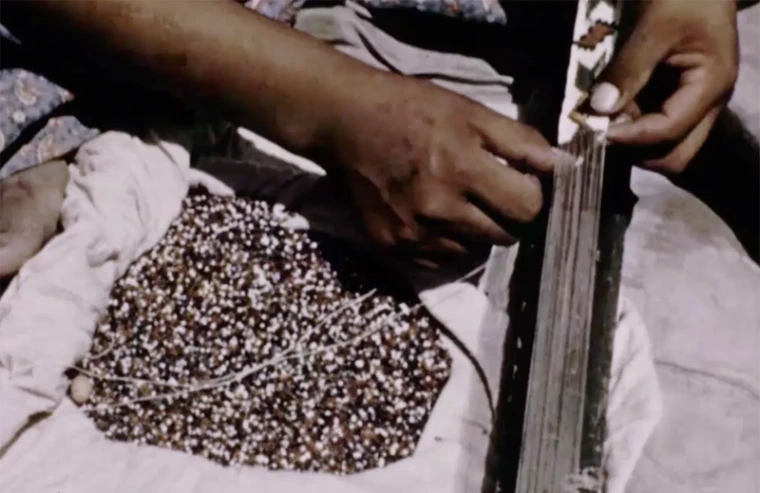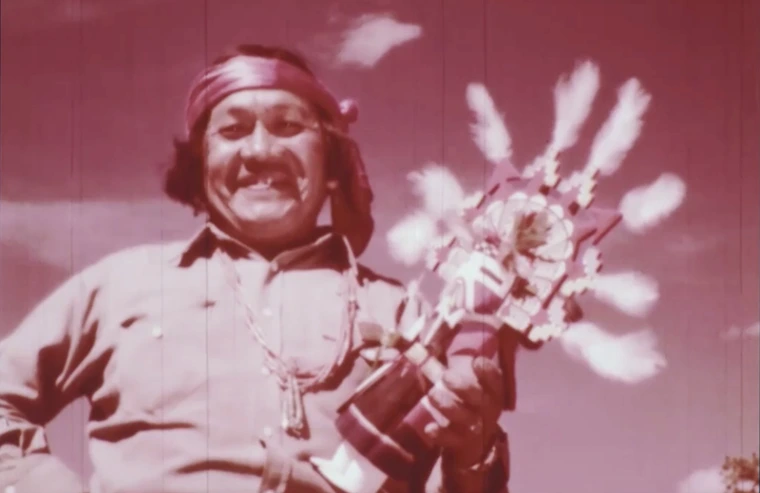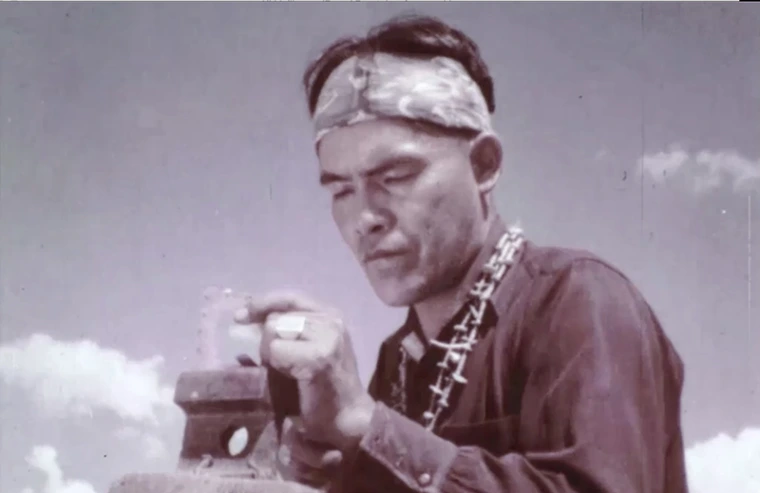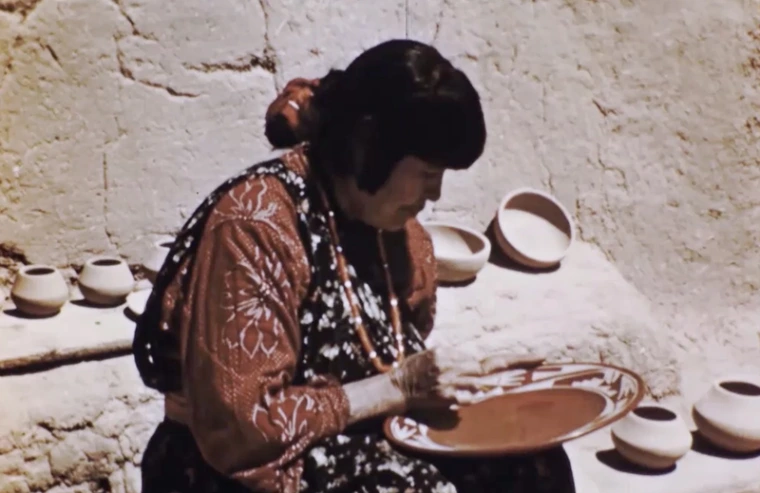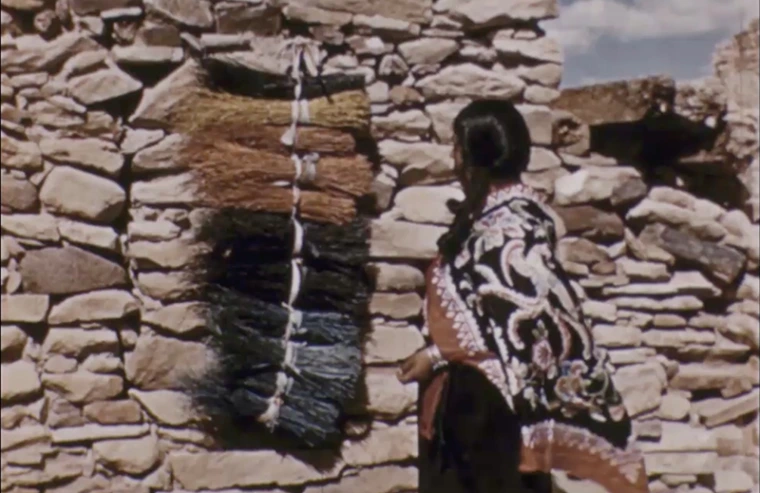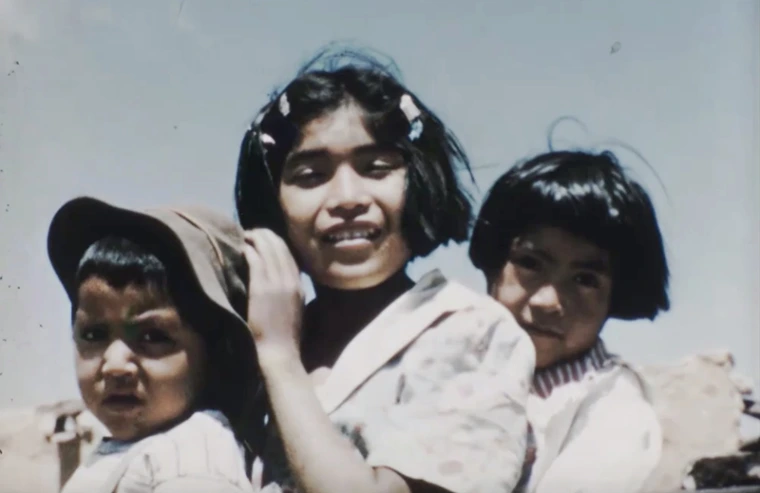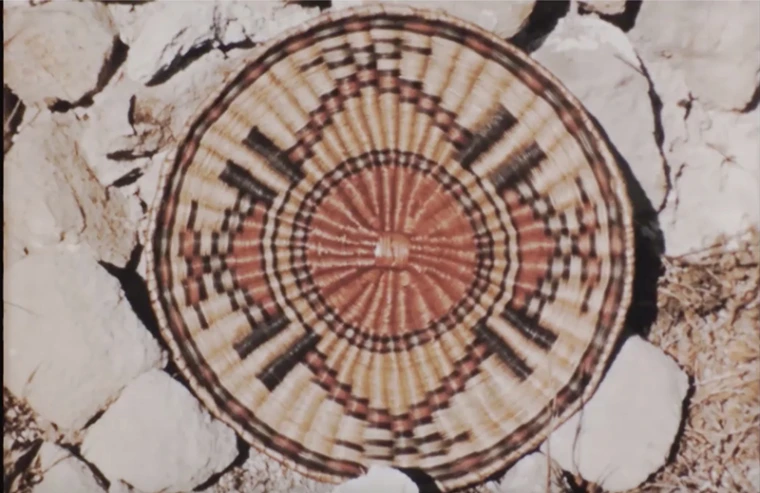Past Imperfect
The American Indian Film Gallery Resets the Historical record
Imagine the sudden arrival of strangers, cameras in hand, set on sharing your life with the rest of the world — but in their words.
That’s exactly what happened to many Native Americans beginning in the 1940s, when independent filmmakers routinely reduced them to primitive, romanticized stereotypes in movies meant for schools and corporate publicity campaigns.
Today, a University of Arizona project is giving these stories back to Native communities. With a $291,000 grant from the National Endowment for the Humanities and an archival film collection from historian J. Fred MacDonald, the American Indian Film Gallery is inviting southwestern tribal members to re-narrate films from their point of view.
Called “tribe-sourcing,” it’s a novel way of transforming a collection of visually beautiful movies — shot during the heyday of color-rich 16-millimeter Kodachrome — into culturally informed artifacts.
“The narratives of these films are reflections of attitudes in the 20th century,” says Jennifer Jenkins ’82 ’92 ’14, professor of English and research social scientist at the university’s Southwest Center and the project’s curator. “They start from a perspective of primitivism, tending to focus on people not having cars or modern farm equipment. They tended to focus on horses and hogans.”
“But the visuals are amazing,” she says. “This was the golden age of 16-millimeter filmmaking, and it captured the blue skies and red rocks of Indian country in ways even digital can’t compare to.”
Today, Native communities from the Tohono O’odham and White Mountain Apache to the Navajo and Hopi are giving that footage new authenticity by adding their own words. New narrations are joined with the original films on the tribesourcingfilm.com site.
“Users may listen to original or new narrations, sort of like choosing a ‘director commentary’ on a commercial DVD,” Jenkins says.
But that’s just a start. “My goal for the next five years is to figure out how this can migrate into being a completely Native-run project, so it can be what the people in these communities want it to be.”

